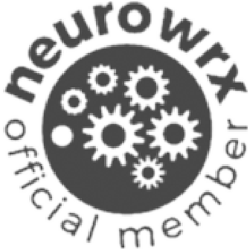A common phenomenon seen for many autistic adults would be their difficulty in coping with stress and change. This difficulty in adapting to stress and change has been shown to contribute to the development of anxiety, OCD, or mood disorders, such as depression.
We can all feel sad or lonely from time to time, as that’s part of being human. However, if someone feels low or hopeless often or daily, it might be an indicator of depression. There are many different types of depression with different causations, symptoms, and treatment approaches that would best be diagnosed by a doctor.
Not everyone experiences depression in the same way. Although depressive feelings may only occur once for a short period of time, people can typically have multiple episodes of longer duration (weeks or months). During these episodes, symptoms occur throughout the day and may include:
- Loss of interest or pleasure in most or all normal activities, such as socializing with friends, or participating in hobbies or sports that they typically enjoy
- Sleep disturbances, including insomnia or sleeping too much
- Reduced appetite and weight loss or increased cravings for food and weight gain
- Anxiety, agitation or restlessness
- Frequent or recurrent thoughts of death, suicidal thoughts, or suicide attempts
- Unexplained physical problems, such as back pain or headaches
- Feelings of sadness, tearfulness, or hopelessness
- Angry outbursts, irritability, or frustration, even over small matters
Several of these symptoms may occur during a depressive episode as well as others which are not listed here.
There are many methods and strategies to use in order to treat depression. Treatments can range from participating in individual or group therapy, taking antidepressants specifically prescribed by an individual’s physician or psychiatrist, or developing self-help strategies. Most often, people use a variety of strategies to address their depression. Self-help strategies that could address depressive symptoms can include guided meditation (virtual or in-person), exercising, adjusting diet or using smartphone apps specifically designed by professionals with experience working with depressed individuals. All methods used, however, should be first discussed with the individual’s therapist or physician prior to implementation.
If you’re experiencing depression and need help, here are some resources available to you:
SAMHSA’s National Helpline: 1-800-662-HELP (4357)
Info about SAMHSA’s National Helpline




















